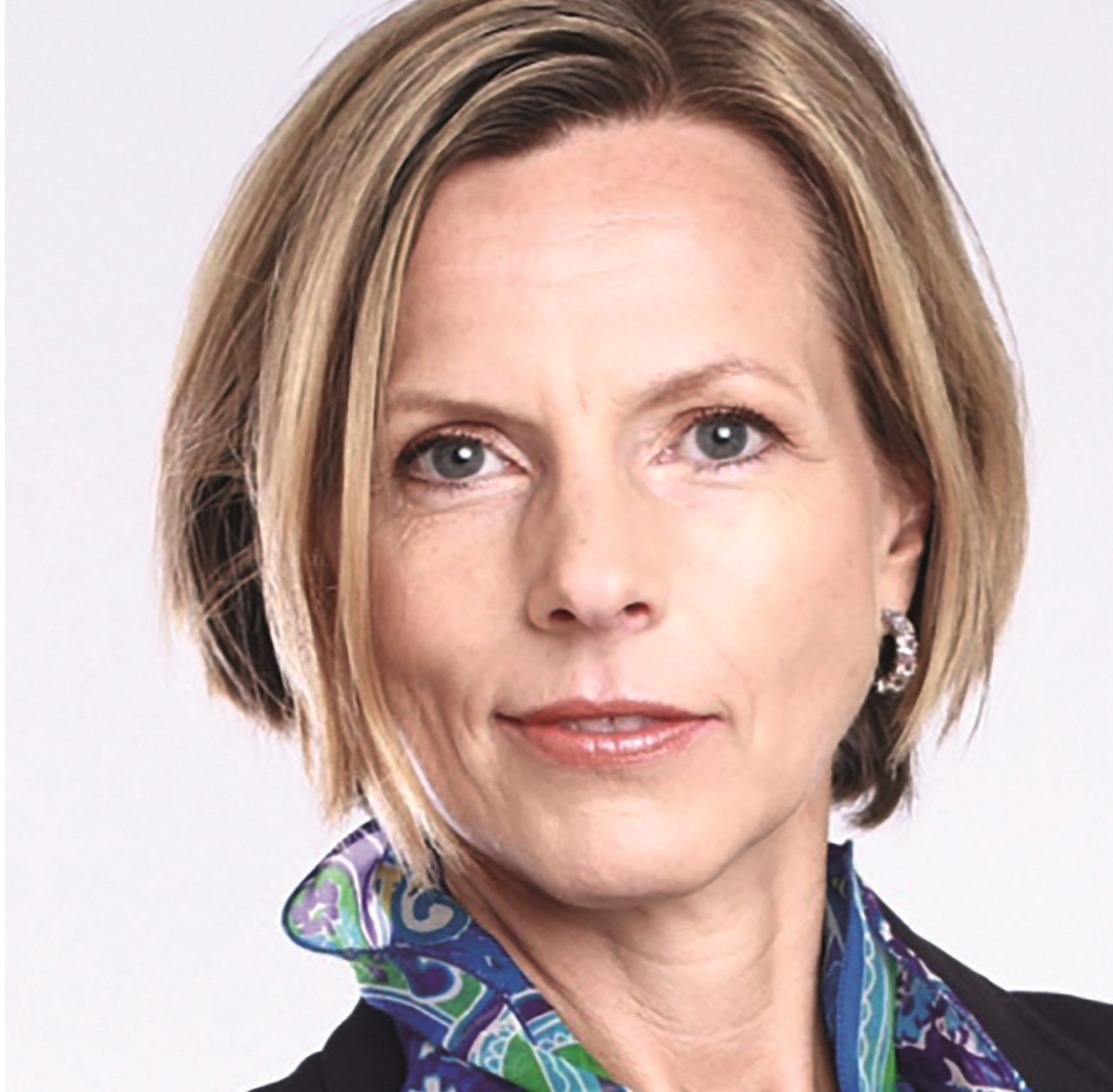Swedish Prime Minister Stefan Lofven lost a no-confidence vote in parliament on Tuesday and will step down after four years in power but as neither major political bloc holds a majority it still remains unclear who will form the next government.
The confidence vote followed elections earlier this month that left Sweden’s parliament in a stalemate.
The rise of the nationalist Sweden Democrats, a group with neo-Nazi roots, has complicated the picture, denying either side a majority, meaning they will either need the right-wing anti-immigration party’s backing or try and seek minority rule.
“Politically it’s just a mess,” said Susanne Bolin-Gärtner, head of fund selection at Folksam, one of Sweden’s largest insurers, which focuses on pension plans. “We do not know what is going to happen.
“The hard right is not going to stand on the sidelines and that is going to have an impact.”
Swedish fund selectors surveyed by Last Word Research in Q2 2018 expressed considerably less optimism than many of their pan-European counterparts.
A weakened currency
“Over the medium term it’s all about what happens to the Swedish krona,” Bolin-Gärtner added. “It’s pretty weak at the moment.”
The Swedish krona has depreciated sharply against the euro this year, reaching a nine year-low in late August amid a frenzy of political uncertainty ahead of the election.

“We thought the currency would start to get stronger now, but I think this uncertainty will go on for a while. It affects our end clients.”
Bolin-Gärtner oversees about 70 externally-manged funds (which cover about €15bn in unit-linked insurance). The funds include equity, fixed income and multi-asset and index trackers.
Sweden is an export-oriented economy led by industrial machinery, automobiles, iron and steel products, pulp and wood. But the country also relies heavily on imported commodities so the slump in the value of the currency is a double-edged sword.
“We import a lot of components and depending on what currency they are imported in or if you have hedged your currency I guess it is not so positive with a weak krona,” she added.
“Certain funds’ dollar and euro exposure it makes them look like they are doing better than they actually are because of the currency effect.
“As a fund selector I need to make our end clients aware that if they have heavy exposure to international funds they need to be aware of the currency risk.”
Ultra-low rates
Bolin-Gärtner adds another concern is the Sweden’s negative interest rate.
Sweden’s central bank, the Riksbank, has held its benchmark rate at minus 0.5% for more than three years and resisted pressure to raise rates earlier at a meeting this month.
The Riksbank said that while global economic activity remained favourable it warned that there is “considerable uncertainty” over future developments.
“I hope they will start to raise rates a little bit soon. It’s a big experiment and that is quite scary. Negative rates [for this long] is a bit too drastic,” Bolin-Gärtner said.
She added that the impact of the country’s “experiment” in ultra-loose monetary policy was that some bond funds were taking more risks in search of yield.
“Look at funds that are performing. Some funds [in Sweden] these days are changing their structures so that they can move into high yield investments. There is a greater demand for unconstrained and absolute return funds in this environment.
“The problem is that the end clients sometimes do not understand risks that they are being exposed to.”
Swiss asset manager Gam’s high-profile liquidation of its €9.5bn absolute return bond fund range in August, sparked debate about whether investors are aware of the risks involved in unconstrained funds that often include complex derivatives and currency swaps.
“It’s really important that you are able to trust the fund manager. Unconstrained funds can do whatever they want so you really need to have a good fund manager with a long track record.”







